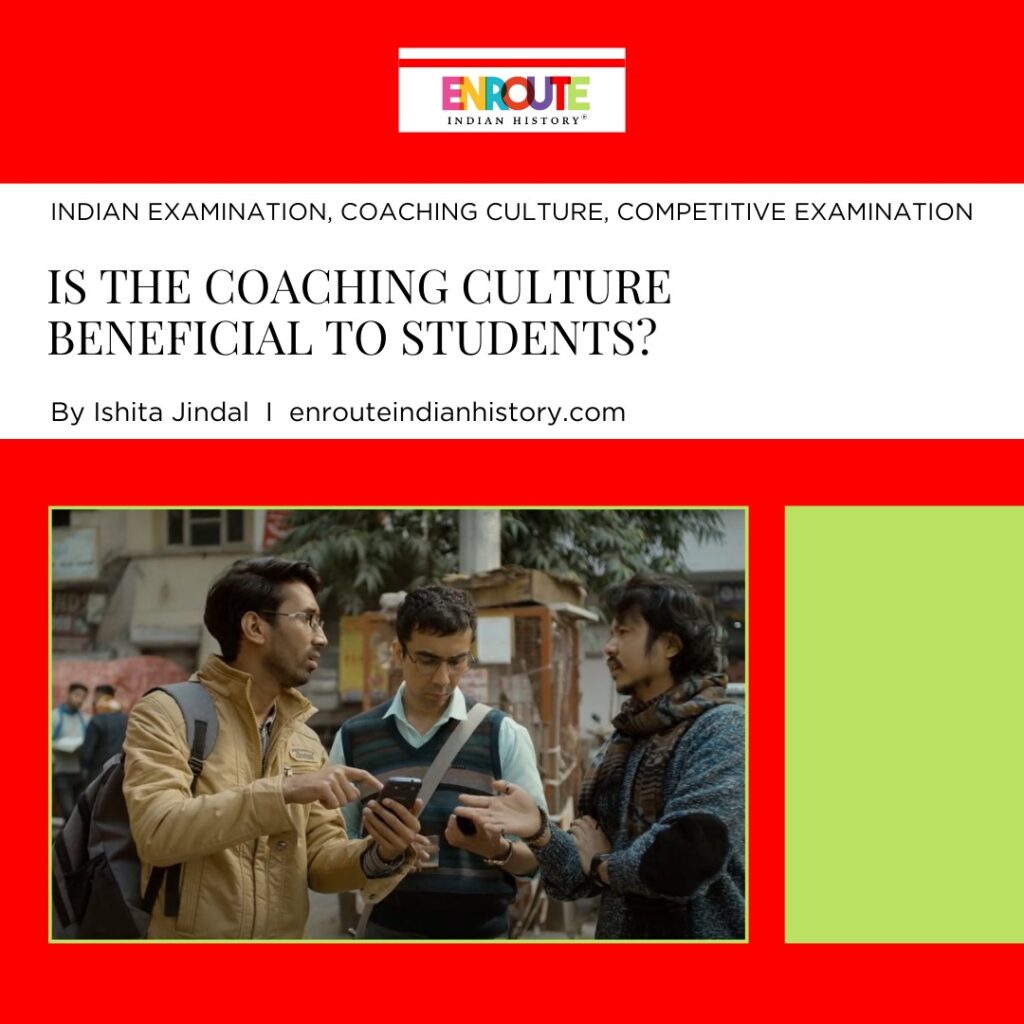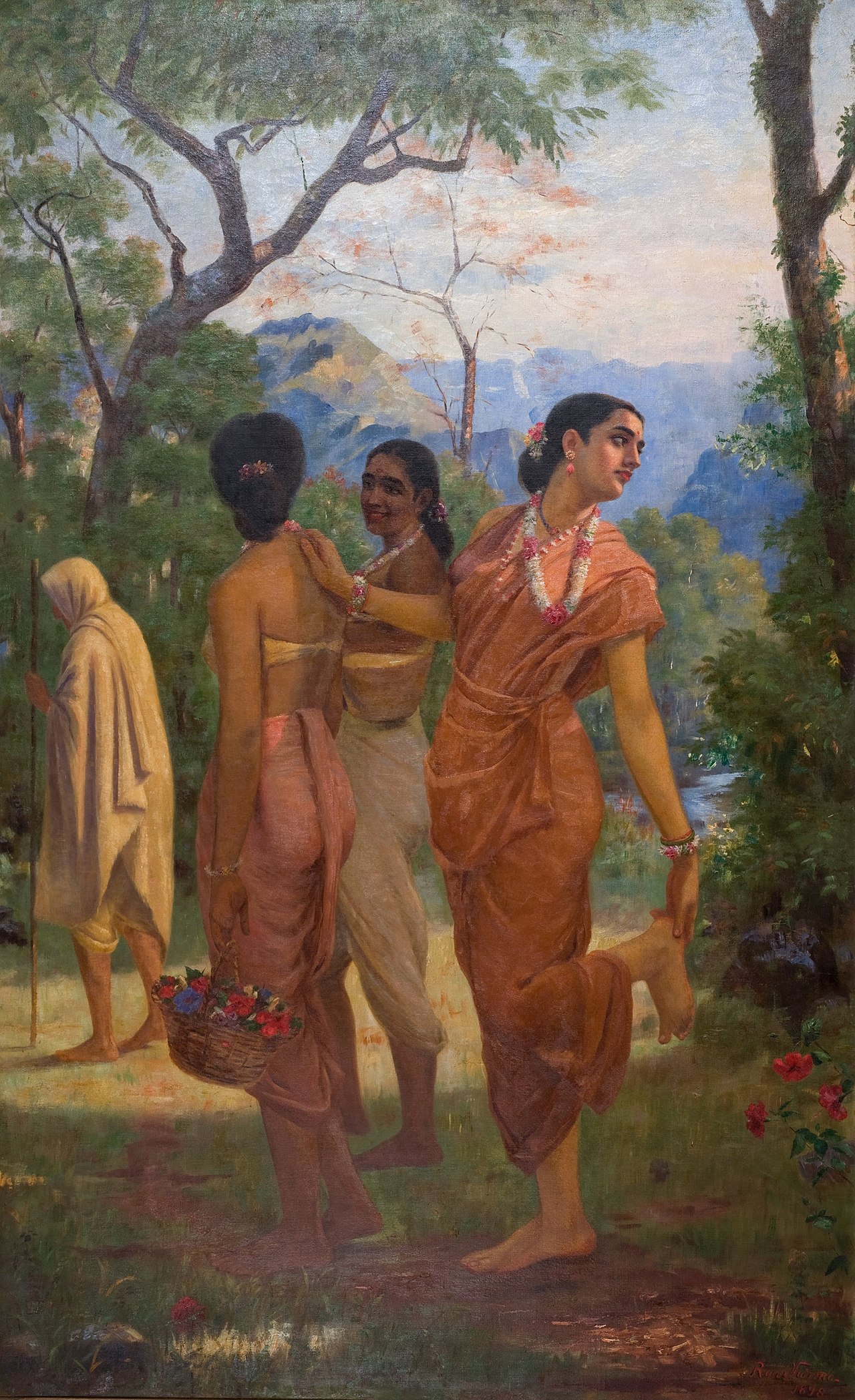
The formation of the coaching culture as per the socio-economic and political scenarios according to the market norms for governmental jobs has been the definitive factor of stress growth among the students. The report will simulate different ideations regarding the development of the coaching culture in comparison to cinematic implementation of the obstacle faced by the student for the betterment of their future. The development of the evaluation of the current scenario of the coaching provision presented to the student for the reduction of stress and load on the brain for the strive for success will be effectively discussed in the report. This will be done through implementation and cross-comparing different articles based on the topic and related consequences.
The development of different outlooks on the creation of the examination trend has been effective in the case of the development of the majority of the students coming from a lower-class background. The students who are trying to overcome their lack, both economic and social, through the passing of the examinations like NEET and JEE have not been able to do so. The provision of the development of the market nuances of building coaching centers for the students who are trying to apply for these competitive exams (Sharma and Thakur, 2022). While providing the trust that they will succeed effectively through the incorporation of guidance for the coaching centers needed to be evaluated. The coaching culture is facilitated by the students due to the presence of fear and stress related to the qualification of the competitive examination, leading to the sprouting of the coaching courses. Examples like “Delhi, the Indian examination, Competitive exams, Mukherjee Nagar, UPSC Coaching” have been prevalent in the implementation of the coaching culture in a successive manner (Kaur, 2020). Formation of the different identification norms of the needs of the student has been neglected and based on the grouping protocols by the coaching center leading to stress in return.” Indian Examination, Student life in Delhi, DU Campus” has become a source of “Claustrophobia, Alienation and Isolation” for the Delhi students.
 Figure 1: Super 30
Figure 1: Super 30
(Source: https://www.quora.com/Is-Super-30-movie-based-on-a-true-story )
The creation of different protocols of market formation has been prioritised by the coaching culture irrespective of the love and attention that the students might need in the process of preparation. In the viewpoints of Ruskin Bond, the portrayal of “a heady mixture of love, friendship, and loyalty” has been prevalent within the literature which has been lacking in real life (Sankar, 2021). The development of suitable support for the coaches or teachers has been extremely low, creating more stress without any redemption. In movies like Super 30, there has been a portrayal of a coach “Anand Kumar” who has been able to help underprivileged students achieve their destination academically, which is not present in the real-life scenario for the majority of the time (Jangir, 2021). “Civil services examination, UPSC, UPSC Preparation” has a clear source of competitive sense for the student who is trying to do better in their life. The development of the stress and fear related to the examination can be curtailed through the implementation of good guidance as portrayed in the movie “Super 30”. For most of the scenarios, there has been a lack of suitable guidance as per the subjective needs of the student, especially in the case of the NEET and JEE preparation in Delhi or other major cities.
 Figure 2: Development of coaching centers
Figure 2: Development of coaching centers
(Source: https://www.hindustantimes.com/cities/chandigarh-news/guest-column-coaching-culture-no-match-for-good-old-school-101706989418770.html )
The development of the coaching centre with the purpose for the betterment of life or the psychological relaxation of the students, who are preparing for the competitive examination, has been lacking. The upscale growth of the coaching culture just for money-making has been prevalent in the formation of coaching centers (Bengali and Punjabi, 2022). The growth of different ideas related to the promotion of the coaching centers has been prevalent for the facilitation of students’ life goals that are unsuitable for the holistic growth of students’ way of preparation.
 Figure 3: Indian examination and fee hikes of the coaching center
Figure 3: Indian examination and fee hikes of the coaching center
(Source: https://news.youngindia.foundation/article/36/college-politics-and-indian-democracy )
Formation of the different scenarios of fee hikes based on the inclusion of the student has been acting as the evoker of the stress among the students leading to the development of agendas like “Indian examination, political activism, and student politics”. This has led to the abruption of the basic goal of the student to crack the examination as their primary motive, leading to the disruption of the whole system of education (Dos Santos et al., 2022). “The Academic Bank of Credits (ABC) system” provides easy admission as well as “credit transfer, eliminating the need for physical certificates” along with lessening the process. Along with this “APAAR, the Automated Permanent Academic Account Registry”, has been introduced in rural sectors through “Common Service Centers (CSCs)”. All these policies have not been able to help the student suitably as there is a lack of proper guidance that is required for the student to succeed in rural areas (Rohmah et al., 2022). The creation of newer opportunities by the government to allocate coaching to students coming from rural areas has been lacking and must be addressed in a justified manner for the holistic growth of the student. “According to the new policy, all coaching centers must now follow the authorities’ guidelines. If a coaching institute is stuck violating it for the first time, it must pay a fine of Rs 25,000. After that, a fine of 1 lakh can be imposed at the coaching centers that violate the New Guidelines”. The reduction of the coaching culture can be mended through the imposition of such regulations (Education.gov.in, 2023). “National Education Policy 2020 (NEP 2020), focuses on regular formative assessment for learning rather than the summative assessment that encourages today’s coaching culture”. This can lead to the betterment of coaching related to business in a systematic manner.
Government policies as per the requirements of the student must be generated as it has been shown in the movie Super 30, the lack of suitable provision from the government related to reading material availability, can cause the lack of resources for the student (Hagiwara et al., 2022). This can hinder the process of proceeding further with their goals and must be addressed efficiently by the government for the betterment of the current situation related to the provision of students to be able to handle the pressure of competitive examinations like NEET and JEE (Jarden et al., 2023). The development of different ideas related to the lack of resources for underprivileged students has been a topic of argumentation for a long period but has never been solved effectively by the government.
The development of different ideas for the reduction of the stress and fear related to competitive examinations like NEET and JEE can be achieved through the abolishment of the coaching culture. This can help the student to find their focus of educational goals leading to the betterment of their future systematically. The formation of the different government policies may lead to the betterment of the different availability of resources for underprivileged students, for the growth of their future.
Bibliography
Bengali, A. and Punjabi, E., (2023). Common University Entrance Test: Some Pertinent Points. Special Issue of ‘University News’, 61, p.80.
Dos’ Santos, T., McBurnie, A., Thomas, C., Jones, P.A. and Harper, D., (2022). Attacking agility actions: Match play contextual applications with coaching and technique guidelines. Strength and Conditioning Journal, 44(5), pp.102-118.
Education.gov.in, (2023).”GUIDELINES FOR REGULATION OF COACHING CENTER”. Accessed from: https://www.education.gov.in/sites/upload_files/mhrd/files/Guideliens_Coaching_Centres_en.pdf [Accessed on 19/02/2024]
Hagiwara, M., Shogren, K.A., Lane, K.L., Raley, S.K. and Smith, S.A., (2020). Development of the Self-Determined Learning Model of Instruction Coaching Model. Education and Training in Autism and Developmental Disabilities, 55(1), pp.17-27.
Jangir, R.K., NEP (2020), common entrance examination and coaching business.
Jarden, A., Rashid, T., Roache, A. and Lomas, T., (2021). Ethical guidelines for positive psychology practice (version 2.0: English). International Journal of Wellbeing, 11(3), pp.1-38.
Kaur, G., (2020). Private Coaching Centres in India: A Document Analysis of JEE-Advanced Preparation Centres on the Lives of Students in Kota.
Rohmah, A.F., Sudana, I.M. and Prihatin, T., (2020). The Implementation of Coaching and Mentoring on Basic Training For Civil Servant Candidates (CPNS) in Religious Education and Training Center Semarang. Educational Management, 9(1), pp.101-109.
Sankar, M., (2021). The Big Indian Dream Package and IIT JEE. Emerging Economies Cases Journal, 3(1), pp.7-15.
Sharma, R.L. and Thakur, M., (2022). Struggling to survive: A Critical response to the folk-theatrical scenario of Himachal Pradesh. IIS University Journal of Arts, 11(1), pp.8-23.
- May 15, 2024
- 6 Min Read





















